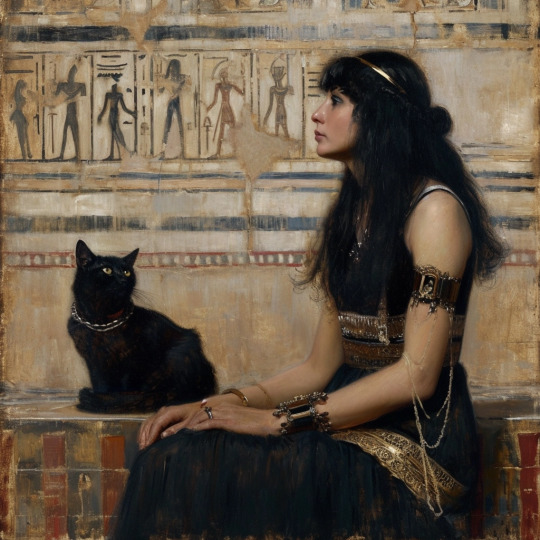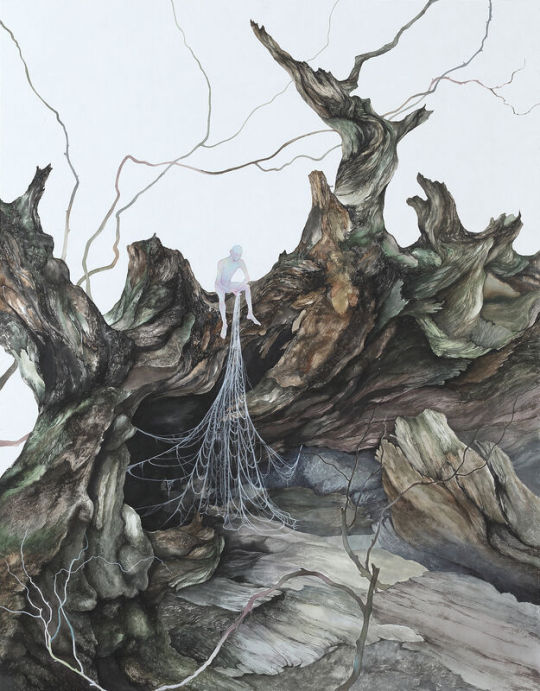Text

"Priestess of the goddess Bast" by Emile Corsi, 1877
2K notes
·
View notes
Text
We need to bring back children’s programming that focuses on reading. I’m so serious
63K notes
·
View notes
Photo

La Tour de Babel (detail). Maarten van Heemskerck (1498-1574). Colección de Arte Amalia Lacroza, Buenos Aires • via Bibliothèque Infernale on FB
903 notes
·
View notes
Text


the origin of monsters, kristen mcmenamy by tim walker for love magazine
8K notes
·
View notes
Text


Mathieu Simoneau by Cho Giseok for Numéro France Magazine April 2023
1K notes
·
View notes
Text

Shhh I'm pondering
(original for sale, dm if interested, prints here)
3K notes
·
View notes
Text
Some critical rules for writing coherent genre fiction, courtesy of my writing teacher, who is very wise. I don't pretend to have mastered all of these, but their application can do wonders for a story, their lack can cripple it:
Employ the causal chain - every action must be connected to what comes before and after. Each action and beat needs to have impact. They don't all need to be shown but the author needs to know what they are. It is impossible to build suspense without this principle. Things can't happen "just because" or there's no reason for the audience to become engaged with your sequence of events or do things like make predictions.
All subsequent rules follow from this principle.
When showing a new type of fictional magic or science, you must show it work before you can show it break.
For example, if a character has the ability to summon objects into their hand, we need to see them do so successfully and see how it works, before we see it break at a critical moment during the climax. Otherwise, the audience can't be expected to follow why this situation is unusual because they don't know how it works during normal circumstances.
When claiming a character is good at something, you must show them succeeding at it before you show them failing at it during a moment of pressure. Otherwise, we don't believe you when you establish your character's competence or badassery.
For example, when saying your character is an excellent military commander, we need to see them win a fight using those skills and tactics. We can't open with a fight they lose, or else the character and author lose credibility. By all means, show the experienced hero/military leader/ruler/assassin/mage etc break down during a moment of intense pressure, fall down sobbing in terror at a truly insurmountable foe, or otherwise fail to meet the moment, but don't do this before we've seen them succeed at least once, or the moment loses impact.
During the build-up of tension, coincidences should hurt the hero and help the antagonist. This plays into the causal chain rule. Coincidences that help the hero feel cheap. Coincidences that help the villain raise the tension.
Every beat, whenever possible, should be connected to conscious action by central characters (hero, love interest, or villain). The more events are connected to purposeful action by key characters, the more satisfying the causal chain for the reader.
Avoid things that happen "just because" whenever possible. You can have one or two, sure, but the more often things happen "just because" the less interesting the story is, especially if those "just because" moments are core to the story. Fiction is not real life. Audiences are drawn to stories where purposeful actions dictate the success or failure of the characters.
7K notes
·
View notes










